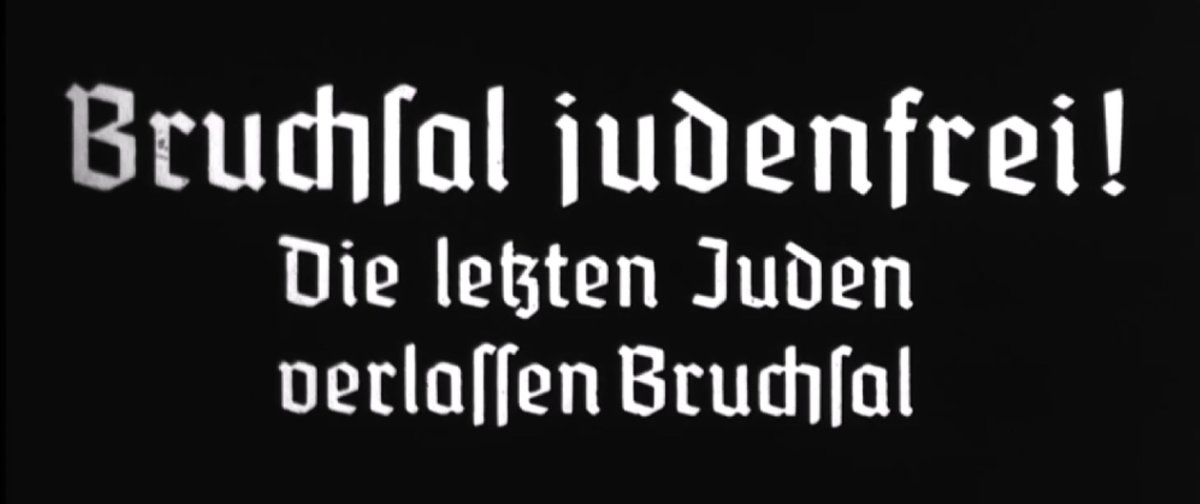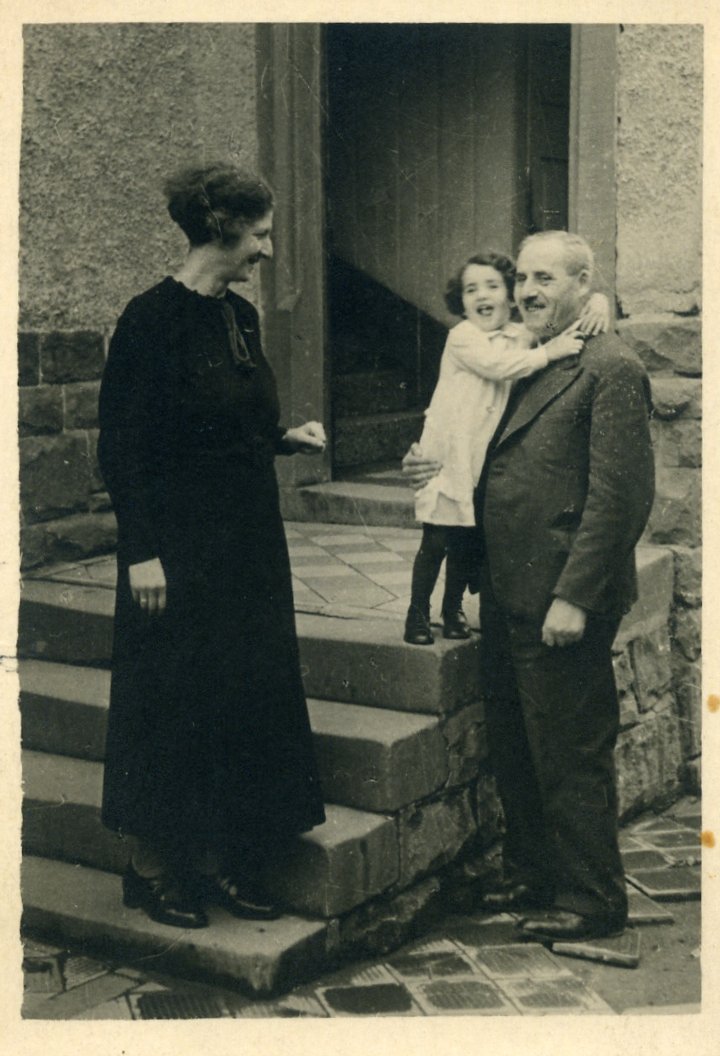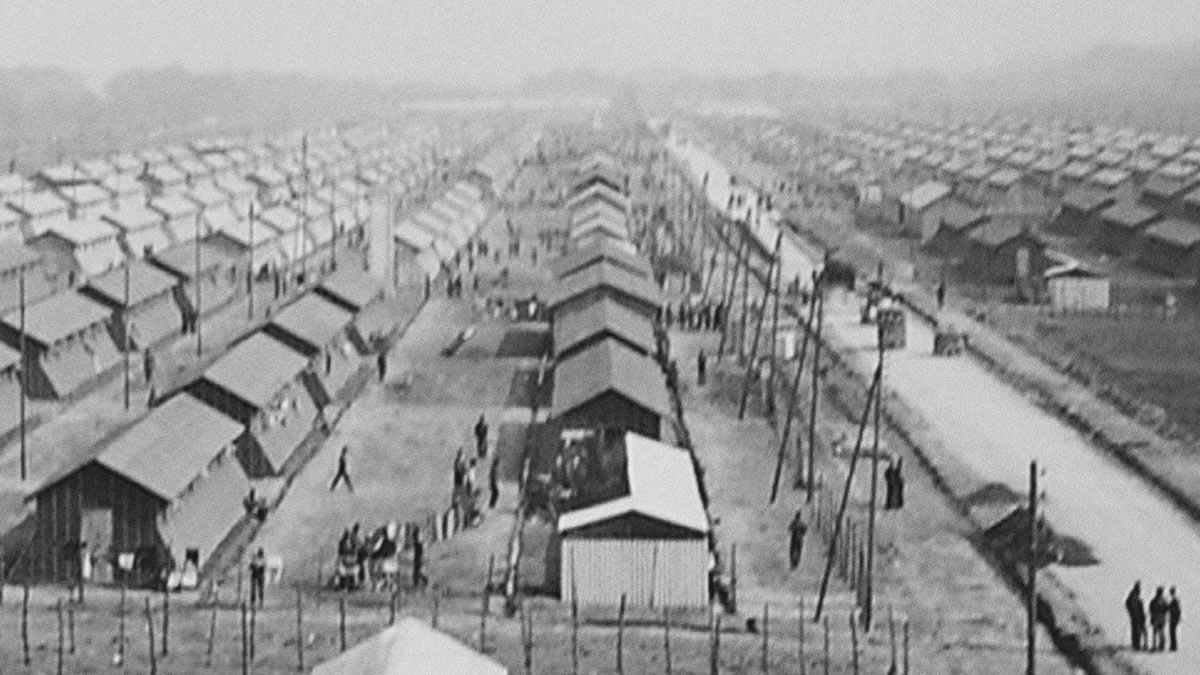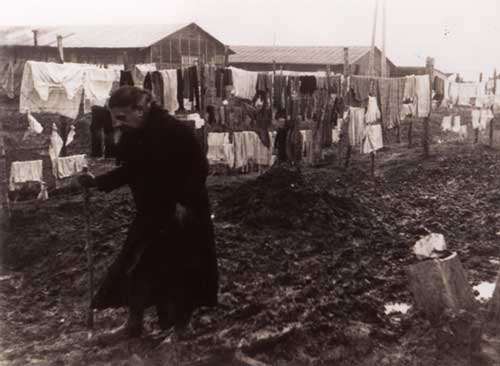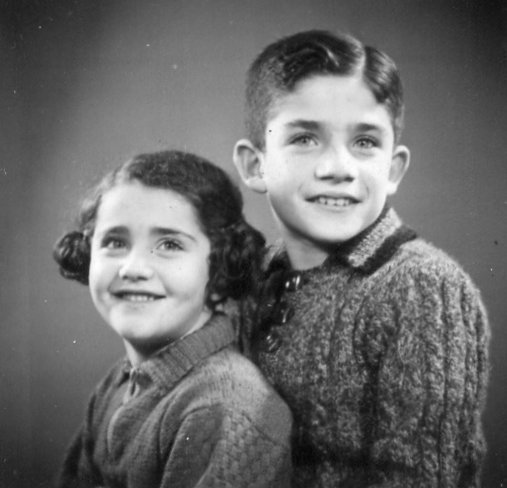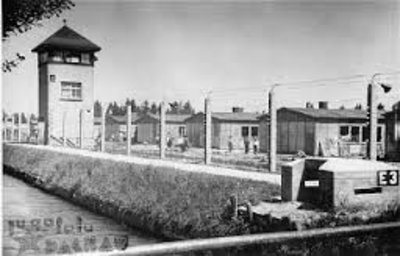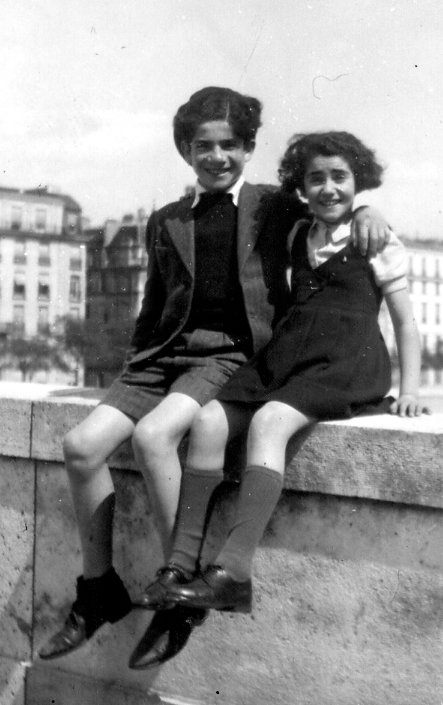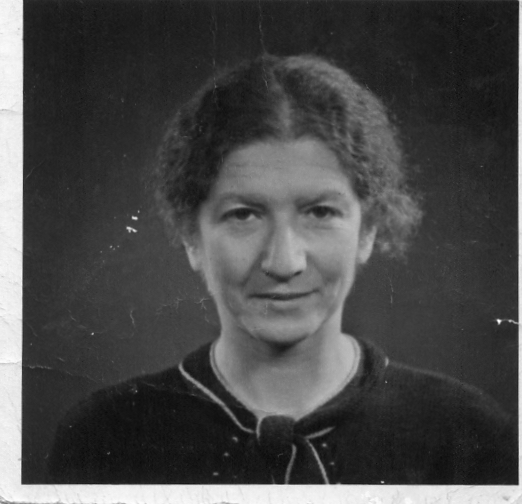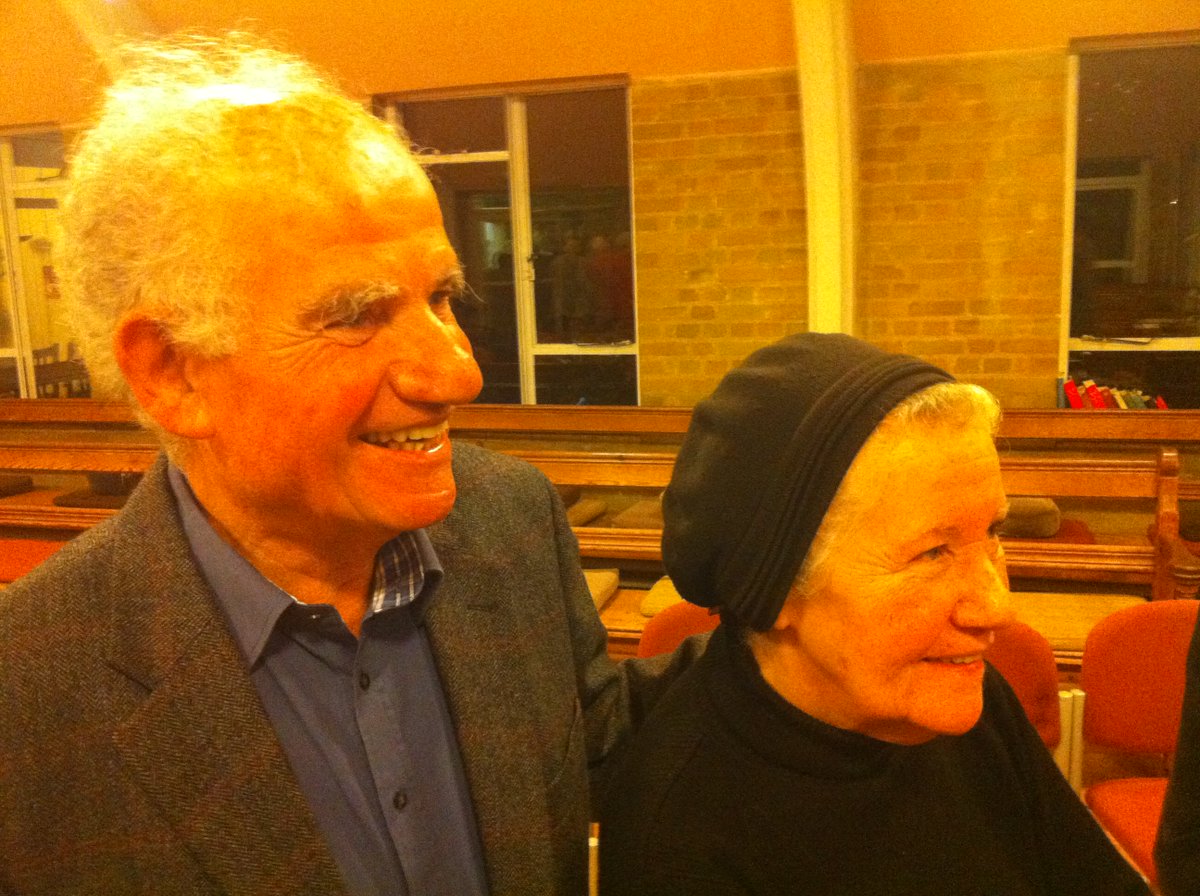22nd Oct 1940. Eighty years ago today the first major deportation of Jews from the German Reich began. Six and a half thousand men, women and children were rounded up and sent out of the country. Few surviving photographs show the moment. Remarkably, some film footage does.
It is not known who captured the images. But since they appear at the end of a half-hour reel that includes footage of Nazi marches, and they follow a title card - & #39;Bruchsal free of Jews! The last Jews leave Bruchsal& #39; - it& #39;s safe to assume they are intended as Nazi propaganda.
Until the 1990s the local authorities in Bruchsal successfully kept the clips under wraps. After all, back then they could have incriminated the living. Look at those young Gestapo officers. They might have still been alive at the turn of the century.
Bruchsal had the film camera. But it was Mannheim where the Gestapo hit the jackpot. With a population of over 300,000, it was still home to over 2,000 Jews. Yet there are no known photographs of the Mannheim deportations. Just personal accounts. This couple were 2 of 2,000.
In October 1940 Margarete and Moritz Oppenheimer were still running what may well have been the last Jewish orphanage in southwest Germany. They were given an hour& #39;s notice to pack suitcases for themselves, their youngest children, and eight orphans. And leave their home forever.
If the & #39;Final Solution& #39; lay ahead in 1940, the Nazi& #39;s & #39;Penultimate Solution& #39; was much in vogue. The thought was these deportees - the remaining Jews of southwest Germany - were destined for Madagascar, paving the way for European Jewry to follow them. Instead they ended up here.
Gurs was a squalid internment camp in southern France. When the Red Cross were finally allowed to visit they were appalled. Close to a thousand of the deportees died over that first winter. Within two years it had become a staging post for Auschwitz. But a fortunate few escaped.
The Oppenheimer& #39;s youngest son, Michael, was rescued from Gurs in Feb 1941. He spent much of the war in hiding in rural France. But they couldn& #39;t bear to part with their youngest daughter, Feo. So she was with them when they were sent away again, to the next camp.
In Rivesaltes, a former military barracks, the family were at last all allowed to live together. But they knew life was becoming unsustainable. Overcrowding, poor sanitation, malnutrition, inadequate clothing - all led to widespread disease. By Dec 1941 the future looked bleak.
To survive Feo had to escape too. Early that month her chance came, rescued by aid workers still permitted to enter the camp. It was the week of Pearl Harbour. Two and a half years later Paris was liberated and she was reunited with her brother.
But the entry of the US on the Allies’ side cemented the Nazi decision to murder the Jews of Europe. And Michael and Feo& #39;s parents had by then died in Auschwitz. A day before their final deportation their mother - my grandmother - wrote a final message to her family and friends.
"I am thinking of you all with intense love. Once again we are facing a new turning point in our destiny and we have to move. I shall try to remain with Moritz. I kiss you in love and tenderheartedness and shall love you ever more, the more distant and harder our separation."

 Read on Twitter
Read on Twitter